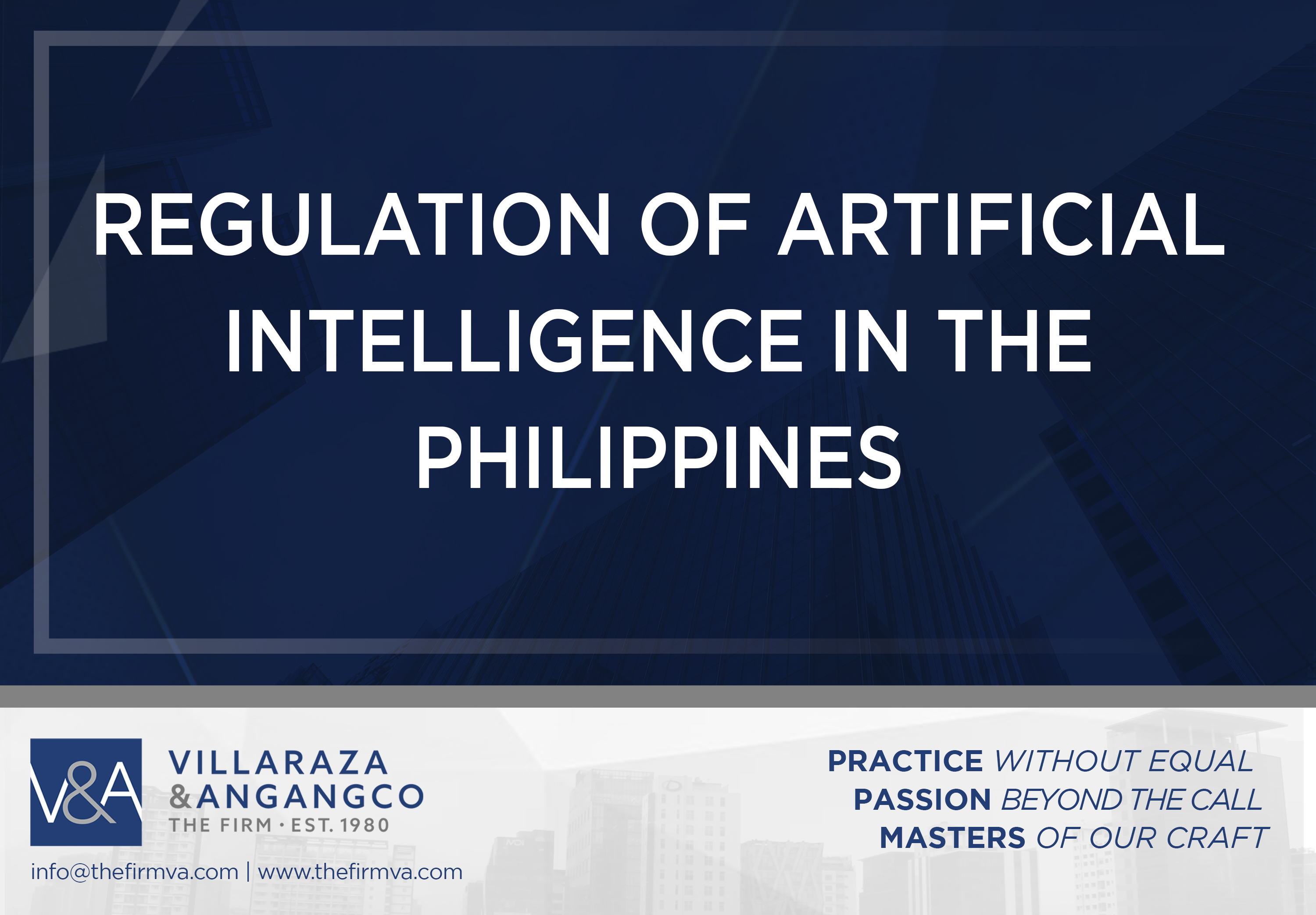

One of the latest advancements in the field of artificial intelligence (“AI”) that has caught the attention of different sectors around the world is the rise of advanced large language models, such as artificial intelligence (“AI”)-powered chatbot “ChatGPT”. ChatGPT uses deep learning techniques to generate coherent and contextually appropriate responses to open-ended questions or prompts.
It is no question that ChatGPT has the potential to revolutionize the social, economic, and political spheres. In the Philippines, the Supreme Court has started exploring the use of AI to improve the operations in the judiciary such as using AI-enabled transcription to support court stenography and AI-powered tools to aid legal researchers.[1] In the field of financial technology, AI’s ability to digest huge quantities of data and provide sophisticated responses therefrom can automate financial processes ranging from provision of personalized financial advice, generating financial calculations, to making stock market predictions.
While the Philippines has yet to enact a law specifically regulating the use of AI, House Bill No. 7396 or the proposed "Act Promoting the Development and Regulation of AI in the Philippines” was recently filed in the House of Representatives seeking the creation of the Artificial Intelligence Development Authority (“AIDA”). The AIDA shall have the general mandate and power to oversee the development and deployment of AI technologies, ensure compliance with AI ethics, principles, and guidelines, and protect the rights and welfare of individuals and communities affected by AI technologies.[2]
Among others, the AIDA shall be responsible for the following:
Pending the enactment into law of House Bill No. 7396, the following are some of the laws which may be applied in relation to the use of AI in the Philippines:
The Intellectual Property Code
Republic Act (“RA”) No. 8293 or the Intellectual Property Code of the Philippines (“IP Code”) classifies computer programs as original intellectual creations in the literary and artistic domain whose copyright belongs to the author of the work and that are protected from the moment of their creation. A “computer program” is defined as “a set of instructions expressed in words, codes, schemes or in any other form, which is capable, when incorporated in a medium that the computer can read, of causing the computer to perform or achieve a particular task or result.”[4]
The author of the copyrighted work shall have the exclusive right to carry out, authorize or prevent the following acts, among others:
Further, the IP Code provides that a ‘decompilation’ or the reproduction of the code and translation of the forms of the computer program to achieve the interoperability of an independently created computer program with other programs is considered fair use and not copyright infringement.[6]
The Data Privacy Act
Emerging technology such as AI may process personal data, including big data, through automated processes. Under RA No. 10173 or the Data Privacy Act of 2012 (“Data Privacy Act”), a personal information controller carrying out any automated processing operations, even if partial, is required to notify the National Privacy Commission when the automated processing becomes the sole basis for making decisions about a data subject, and when the decision would significantly affect the data subject.[7]
The revolution of technology and development of systems and machines that allow independent thinking is indeed a welcome development. Nonetheless, its use should be dealt with caution. Given the progression in the integration of AI and similar technologies in everyday transactions, laws regulating such specialized technologies which shall provide protection to its users should be prioritized by the Philippine government.
~o0o~
For any questions or legal concerns relating to Financial Technology and Artificial Intelligence, you may contact:
Richard Henrick I. Beltran
Partner
ri.beltran@thefirmva.com
Ma. Samira C. Tacandong
Associate
sc.tacandong@thefirmva.com
[1] See: https://sc.judiciary.gov.ph/chief-justice-gesmundo-sc-to-use-ai-powered-tools-to-improve-court-legal-research/. Last accessed on 18 April 2023.
[2] Section 7, House Bill No. 7396.
[3] Id.
[4] Section 171.4, IP Code.
[5] Section 177, IP Code.
[6] Section 185, IP Code.
[7] Section 16, Data Privacy Act.